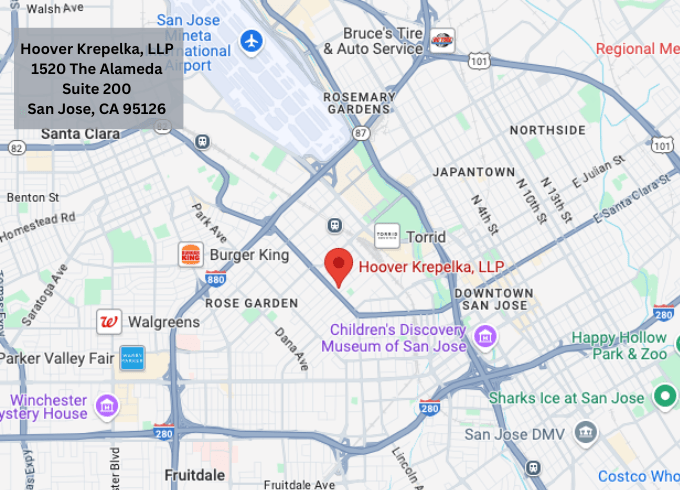If you’re nearing retirement and are considering a divorce, it’s important to understand how this will impact your finances. You are probably concerned that your ex-spouse will get half of your retirement savings.
Here is what you need to know about splitting retirement savings in a divorce in California.
California is a community property state
In California, all assets acquired during the marriage are considered community property and will usually be divided equally between the spouses in a divorce.
California considers any savings accrued in IRAs, 401(k)s and pensions during the marriage to be community property; therefore, they should typically be split 50/50. Any assets acquired before the marriage, such as an employer-funded pension, are separate property and won’t be part of the marital assets.
The judge will require a qualified domestic relations order (QDRO) for the division of specific retirement assets that fall under the Employment Retirement Income Security Act (ERISA), i.e., 401(k)s and 403(b)s. This order decrees that a portion of the money accumulated during the marriage will transfer to another designee, such as an ex-spouse. The money is withdrawn without fees and tax penalties, and the ex-spouse can roll over the savings into an IRA.
If you are going through a divorce and are worried about losing your retirement savings, options are available. Discuss your concerns with a legal representative to see what would be the best course of action. Whatever route you decide to take, you must understand your alternatives and ensure that your rights are protected throughout the process.






